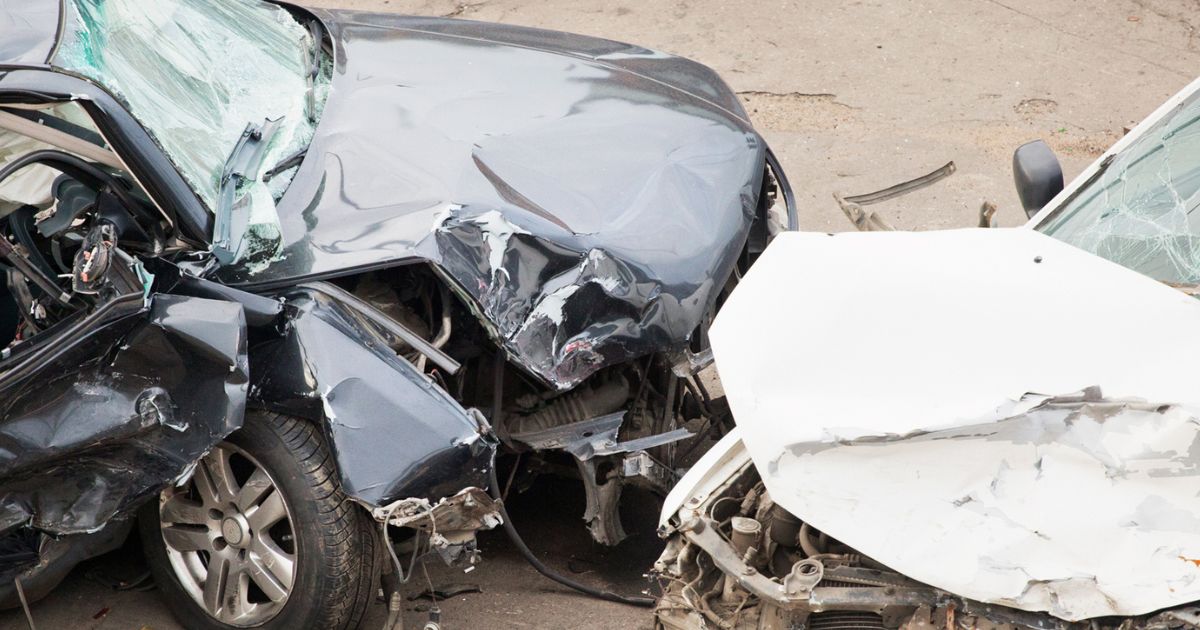Blog
Who Can Be Held Responsible When a Stolen Car Causes an Accident?

Having your vehicle stolen is bad enough, but when it is involved in a car accident, it becomes a multifaceted legal issue with multiple parties and various factors. The aftermaths of these incidents raise important questions about responsibility, insurance coverage, and compensation.
The primary responsible party is typically the thief who stole and operated the vehicle at the time of the collision. This individual can face criminal charges for theft and civil liability for damages resulting from the accident.
The original owner of the stolen vehicle may also face potential liability under certain circumstances. If the owner left the car running unattended, failed to lock the doors, or left keys in an accessible location, they might be considered negligent. Some jurisdictions have laws specifically addressing owner liability when their negligence contributes to a theft that subsequently causes harm.
Property owners where the theft occurred could potentially share responsibility if inadequate lighting or safety measures contributed to the crime. Additionally, if the stolen vehicle had known mechanical defects that contributed to the accident, the manufacturer might face product liability claims.
What Role Does Insurance Play in Stolen Car Accident Cases?
The car owner’s insurance typically covers damages caused by their vehicle, even when stolen, under the liability portion of their policy. However, coverage limits and specific policy terms will determine the extent of compensation available.
The thief’s insurance policy, if one exists, may provide additional coverage depending on the policy language and state laws. Many insurance policies contain exclusions for criminal acts, which could limit or eliminate coverage when the policyholder commits theft.
If the stolen vehicle strikes an uninsured or underinsured driver, the injured party may need to rely on their own uninsured motorist coverage. This coverage helps bridge gaps when the at-fault party lacks adequate insurance to cover damages.
How Do Courts Determine Negligence in These Cases?
Courts examine various factors when determining negligence in stolen car accident cases. The analysis focuses on whether any party failed to exercise reasonable care and whether that failure contributed to the theft or subsequent accident.
For vehicle owners, courts consider whether they took reasonable precautions to prevent theft. Leaving a car running in a high-crime area or failing to remove keys from the ignition may constitute negligence. However, simply having a car stolen does not automatically make the owner liable for resulting accidents.
The foreseeability of harm plays a significant role in negligence determinations. If an owner could reasonably foresee that their careless actions might lead to theft and subsequent harm, they may bear some responsibility for resulting damages.
Can the Thief Be Held Fully Responsible?
While thieves bear primary responsibility for stolen car accidents, practical considerations often limit recovery from these individuals. Many car thieves lack significant assets or insurance coverage, making it difficult to collect substantial damages even after obtaining a favorable judgment.
Courts can hold thieves fully liable for all damages resulting from their criminal conduct. However, the ability to actually collect compensation depends on the individual’s financial resources and assets.
This reality makes it important to identify all potentially liable parties and available insurance coverage when pursuing compensation for stolen car accident injuries.
A Hyattsville Car Accident Lawyer at the Law Offices of Duane O. King Can Fight to Protect Your Rights if Your Stolen Car Was Involved in a Crash
The legal questions surrounding liability and compensation after a stolen vehicle crash require professional guidance. A skilled Hyattsville car accident lawyer at the Law Offices of Duane O. King has experience with these cases and can explain your options. For a free consultation, call our Washington, D.C., National Harbor, Maryland, and Falls Church, Virginia offices at 888-740-KING (5464) or complete our online form. We proudly serve clients in Prince George’s County, including Laurel, Beltsville, Adelphi, College Park, Greenbelt, Mitchellville, Woodmore, Greater Upper Marlboro, Springdale, Largo, Bowie, Capitol Heights, District Heights, Forestville, Suitland, Seat Pleasant, Clinton, Oxon Hill, Temple Hills, and Fort Washington.
